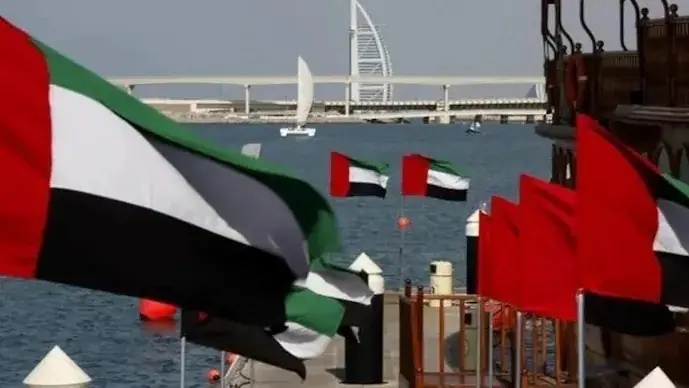The United Arab Emirates (UAE) has blacklisted 11 people and 8 UK-based organizations. He has been accused of having links with the Muslim Brotherhood organization. UAE considers this organization as terrorist. There will be immediate legal and financial implications for these people and organizations after being blacklisted by the UAE Cabinet. Under the UAE’s anti-terrorism policies, these individuals and organizations will face travel bans, asset freezes, and stringent financial sanctions.
The blacklisted organizations include Cambridge Education and Training Center Limited, IMA6IN Limited, Wembley Tree Limited, Vasla for All, Future Graduates Limited, Yas for Investment and Real Estate, Holdco UK Properties Limited and Nafel Capital.
Directors and executives of companies who are Emirati citizens
The UK organizations included in the UAE blacklist span from real estate to education and media. Records of the companies show that many directors and top executives of these organizations are Emirati citizens. Britain has had a list of “proscribed organizations” for decades, which includes the Russian group Wagner and Tehreek-e-Taliban Pakistan.
Former British PM had expressed doubt on Muslim Brotherhood
The influence of the Muslim Brotherhood has given rise to renewed scrutiny in Britain. In August, former Communities Secretary Michael Gove called the Muslim Association of Britain (MAB) inspired by terrorism, although MAB has denied any such links. However, earlier in 2015, former British PM David Cameron had viewed any ties to the Muslim Brotherhood as a “potential sign of extremism”.
What will happen if blacklisting people and organizations?
Once someone is blacklisted in the UAE, associating with or supporting that group becomes a crime – punishable by up to 14 years in prison. Dozens of other countries have similar structures to counter extremist groups. Let us tell you that Muslim Brotherhood has not been banned in Britain or Britain does not consider it a terrorist organization.
